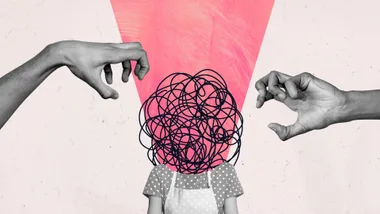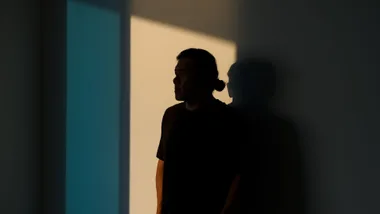Last week, TODAY USA published an article on the quietly pervasive condition known as ‘stay-at-home-mum depression’, which in turn, sparked a huge social media movement prompting a discussion into the mental health challenges that come along with raising children as a full-time job.
The frank essay, written by Megan Powell – a 32-year-old mother of five responsible for the blog Momma’s Tired – perfectly relayed the day-to-day reality for many.
From running a household while simultaneously raising children to having to endure comments on how relaxing and nice it must be to not have to go to work.
RELATED: Why Depression And Anxiety During Pregnancy Is On The Rise
Powell managed to put a name to the helpless, panicky feeling that kicks in when you “begin to believe that you exist only to help others exist”.

RELATED: Survey Finds 40 Percent Of Australian Women Diagnosed With Anxiety Or Depression
Just like postpartum depression, stay-at-home-mum depression can be triggered by external factors, major life changes or even a shift in hormones. The leading cause, however, is stress.
“Stress exacerbates any condition, mental health or otherwise,” Melinda Paige, a professor of clinical mental health counselling, told Glamour.
The life of a stay-at-home is rife with triggers.
As Powell suggests, isolation, loss of purpose or identity, and lack of social interaction with fellow adults, can all play a role in the development of depression.
The complication with mother’s who choose to stay home, though, is that they are often overlooked because not having to go to work everyday is viewed as a privilege.
In short, a woman or man is considered lucky.
This often makes it uncomfortable to come forward and ask for help.

Powell is being praised for putting a name to the phenomenon and helping legitimise the issue.
If you, or anyone you know, is seeking help contact Beyond Blue on 1300 22 4636.
RELATED: How Do I Combat Depression?










